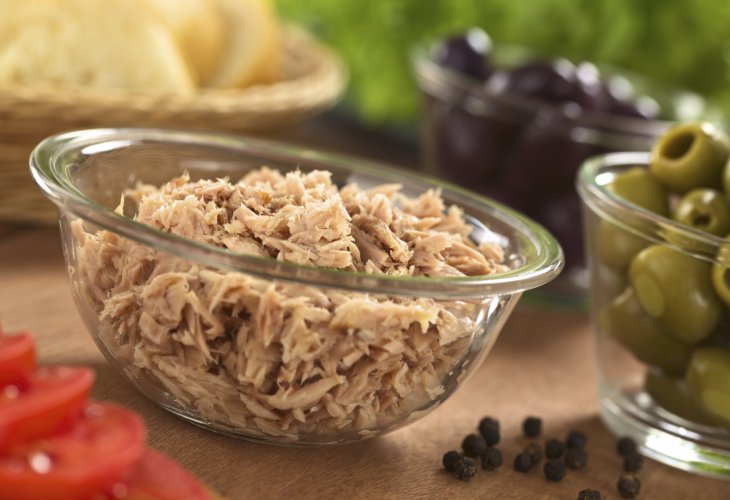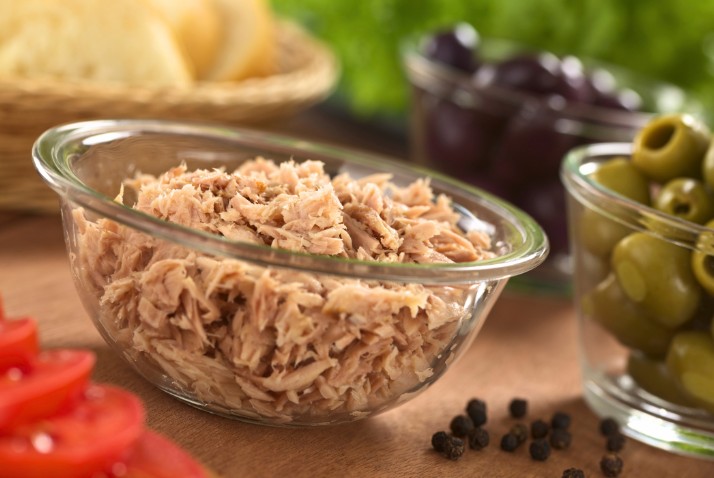Jewish Law
Is Canned Tuna Really Kosher? Inside the Hidden Kashrut Challenges of Tuna Production
Uncovering the halachic concerns of bishul akum, factory supervision, and non-kosher contamination in global fish processing plants
- Rabbi Yishai Malka / Yom LaYom
- |Updated

At first glance, canned tuna seems like one of the simplest kosher foods around, although in reality, its production involves a number of serious halachic and kashrut complications.
Why Tuna Production Requires True Supervision
Most reliable kashrut organizations in Israel certify factories that process only kosher tuna species, while around the world there are many types of canned fish — some made from non-kosher species or species of uncertain status. Certain factories also process crustaceans and shellfish, making shared equipment a serious concern. Responsible certifiers only work with factories that already maintain basic kosher standards — but even then, there’s a long road from “kosher” to “mehadrin” (strictly kosher).
What Happens Inside the Factory
Tuna fish arrive whole at coastal canning facilities, usually located right near the ocean. The process begins immediately and the supervisor must ensure that:
The fish are fully gutted,
All internal organs and the entire abdominal cavity are removed,
The head is cut off, and
The flesh is thoroughly scraped and cleaned with a knife.
This is crucial to prevent the presence of worms or remnants of non-kosher sea creatures found in the fish’s stomach contents.
After cleaning, hundreds of fish are loaded onto large metal carts and placed into industrial ovens — each containing several racks.
These ovens don’t bake; rather, they steam-cook the fish using pressurized vapor systems.
Unfortunately, some kashrut agencies that don’t insist on “bishul Yisrael” are satisfied if the supervisor lights the ovens once at the start of the production cycle — even though the actual cooking is done entirely by non-Jewish workers throughout the week.
They justify this by claiming that “cooking with steam” isn’t considered true bishul akum (non-Jewish cooking) because it’s similar to smoking, which is permitted. Only a few certifying bodies maintain the higher mehadrin standard that avoids this problem completely.
Another Hidden Problem: Equipment Use Between Shifts
What happens if your production line begins right after another kashrut agency’s shift? In that case, the ovens must be kashered (ritually purified) before use, because once a gentile cooks in them, the utensils become non-kosher unless properly purged.
Local workers often use even a short break between shifts to prepare their own “delicacies” — typically by boiling fish guts left over from the cleaning stage, which are filled with shrimp, octopus, and other non-kosher sea creatures. That, of course, contaminates the ovens.
Strict mehadrin supervision therefore requires that every Sunday morning, before production begins, the ovens and carts undergo a full kashering process, since on Shabbat the non-Jewish workers use the equipment for their own non-kosher cooking.

An Eye-Opening Story from a Kashrut Inspector
One kashrut rabbi shared a revealing experience. He once visited a factory already under certification (whose name he politely declined to mention). After several hours of inspection without finding any issues, the kosher supervisors took a short break outside the production area.
The rabbi, however, stayed behind out of curiosity to check the fish more closely for parasites. To his astonishment, he noticed the local workers busily opening the ovens during the break.
When he asked what they were doing, they replied: “We’re just using the time to cook the fish stomachs — with all the contents inside. It’s a real delicacy!”
What were those “contents”? Remnants of shrimp, squid, and various sea creatures — all completely non-kosher.
Needless to say, such “innocent cooking” renders the ovens themselves non-kosher, requiring full re-kashering before any kosher production resumes.
Canned tuna may seem simple, but its kashrut depends on the integrity of every step — from gutting and cleaning to cooking and supervision.

